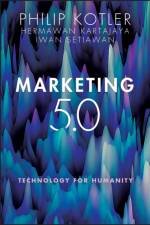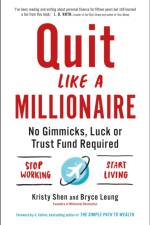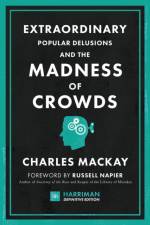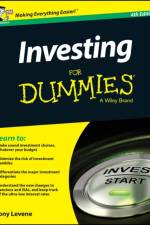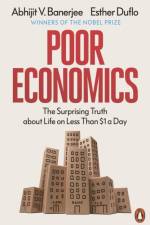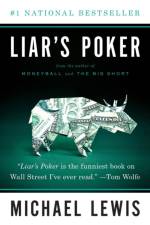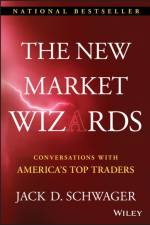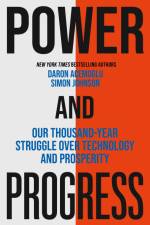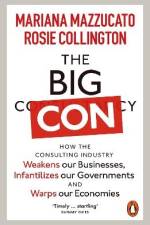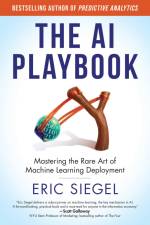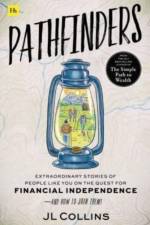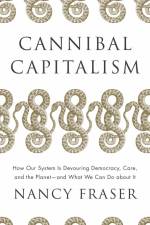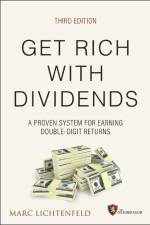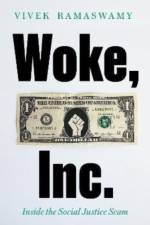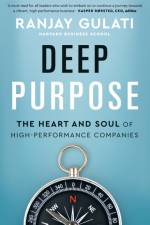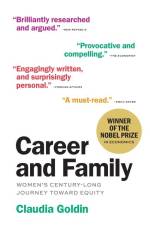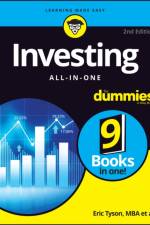av Ranjay Gulati
275,-
'If you want to be inspired to build more sustainable organizations, Deep Purpose should be your next read' Arianna Huffington, Founder & CEO, Thrive Global'Insightful, practical, and timely' Adam Grant, #1 New York Times bestselling author of Think Again and host of the TED podcast WorkLife'Deep Purpose points to the conversations we must have right now about how to redefine the role of business in society, restore trust, and enhance our license to operate ... Highly recommended' Paul Polman, former CEO, Unilever--------------Distinguished Harvard Business School professor Ranjay Gulati takes readers inside some of the world's most purposeful companies to understand the secrets to their successFew business topics have aroused more skepticism in recent years than the notion of corporate purpose, and for good reason. Too many companies deploy purpose as a promotional vehicle to make themselves feel virtuous and to look good to the outside world. Some have only foggy ideas about what purpose is and conflate it with strategy and other concepts like 'mission', 'vision' and 'values'. Even well-intentioned leaders don't understand purpose's full potential and engage with it half-heartedly and superficially. Having conducted extensive field research and interviewed leadership at purpose-oriented companies including Etsy, Lego and Microsoft, Ranjay Gulati reveals the fatal mistakes leaders unwittingly make when attempting to implement a reason for being. Moreover, he shows how companies can embed purpose much more deeply, delivering impressive performance benefits that reward customers, suppliers, employees, shareholders and communities alike. To get this right, leaders must fundamentally change not only how they execute purpose but also how they conceive of and relate to it. They must practice what Gulati calls deep purpose, furthering each organisation's reason for being more intensely, thoughtfully and comprehensively than ever before.As he argues, a deeper engagement with purpose can serve as a radically new operating system, enhancing performance while also delivering meaningful benefits to society. It's the kind of inspired thinking that businesses - and the rest of us - urgently need.--------------- 'Purpose isn't a "e;nice-to-have"e; in the business world anymore. It's a "e;must-have"e;. This comprehensive guide breaks down why cultivating purpose isn't just the right thing for businesses to do - it's the smart thing too.' Carmine Di Sibio, Global Chairman and CEO, EY'Many leaders today strive to align purpose with financial success, but only a few succeed. Gulati analyzes the tough challenges that leaders everywhere must address if they are to save the planet while also delivering strong profits.' Toshiaki Higashihara, Executive Chairman & CEO, Hitachi, Ltd.

